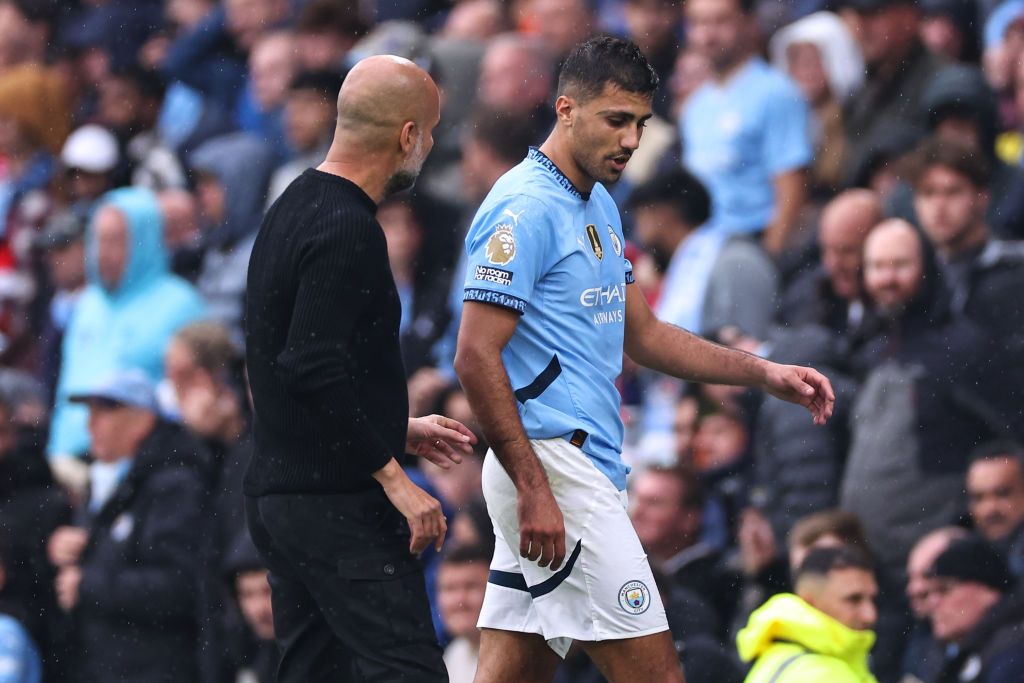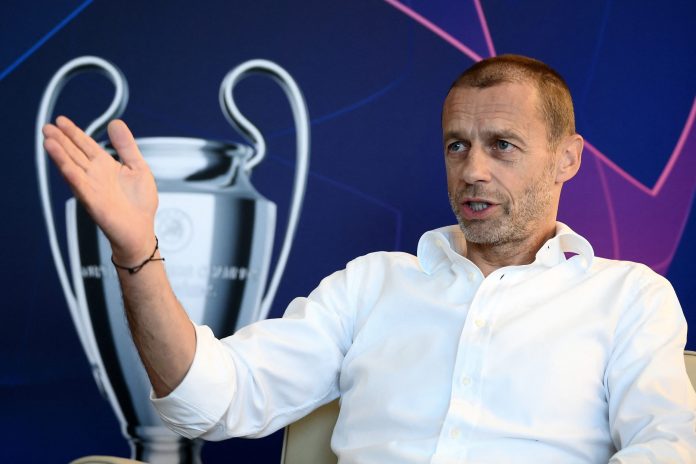UEFA Chief Ceferin Defends Expanded Football Calendar Amid Criticism from High-Earning Players
The ongoing debate over the increasingly congested football calendar has taken center stage, as UEFA President Aleksander Ceferin acknowledges that the sport has reached a breaking point. In a recent statement, Ceferin admitted that the current football calendar, filled with domestic leagues, international competitions, and expanded formats like the UEFA Champions League and Europa League, has pushed players and clubs to their limits. However, the UEFA chief didn’t mince his words when it came to those who have been the most vocal about their frustrations – high-earning players and top clubs.
“Who complains?” Ceferin asked rhetorically. “It’s those earning the highest salaries and playing for clubs with deep squads. Smaller clubs aren’t complaining – they love to play more games,” he added.
This statement highlights a key divide in the football world: while elite clubs and their players voice concerns about player burnout, smaller clubs and lesser-known players seem to embrace the opportunity for more game time, exposure, and revenue. As discussions about the football calendar heat up, the contrasting perspectives of players, coaches, and administrators reveal a complex issue at the heart of the modern game.
The Expanded Calendar: More Competitions, More Pressure
In recent years, the football calendar has grown increasingly crowded. UEFA’s expansion of both the Champions League and Europa League has added more group-stage games and knockout rounds, leaving little room for rest and recovery. FIFA has also jumped on the bandwagon, with plans to expand the Club World Cup to a 29-day tournament, set to take place in June and July 2025.
For many players, this hectic schedule is overwhelming. Top stars, like Manchester City’s Rodri and Barcelona’s Jules Koundé, have publicly voiced concerns about the unsustainable workload placed on them. Rodri, for instance, has hinted at the possibility of a player strike as a way to draw attention to the issue, while others, like Bayern Munich’s Joshua Kimmich, have taken a different stance.

“I enjoy playing lots of games,” Kimmich said, representing a viewpoint that contrasts with those advocating for fewer fixtures. It’s clear that opinions within the player community are divided, as some thrive on the adrenaline of constant competition, while others struggle with the physical and mental toll of such a demanding schedule.
ALSO READ:
- Rodri Threatens Strike Action if Fixture Overload Continues : “We’ll Have No Other Option”
- Real Madrid Seals Carvajal’s Contract Until 2026 Amid Devastating Knee Injury Setback
- Rodri Set for Long Injury Layoff: Guardiola Admits Losing “Irreplaceable” Midfielder Is a Major Blow
Ceferin’s Defense: A Swipe at the Elite
In his remarks, Ceferin didn’t just acknowledge the packed calendar—he also pointedly criticized those who have been the loudest in their complaints. According to the UEFA president, it’s not the smaller clubs or players with fewer resources who are speaking out, but rather the top-tier teams with vast squads and highly paid stars.
“Those who have the highest salaries and the clubs with 25 top-level players are the ones complaining. Those who earn less and have barely 11 players do not complain and love to play,” Ceferin said.
This statement highlights the disparity between elite clubs and smaller teams, both in terms of finances and expectations. For top-tier clubs, the constant pressure to win every competition creates a need for deep squads and player rotation. However, even with a wealth of talent at their disposal, these clubs are feeling the strain of the busy calendar. In contrast, smaller clubs, often less involved in multiple high-stakes competitions, see the additional games as an opportunity to gain more exposure, financial benefits, and
UEFA president Aleksander Ceferin weighs in on the busy football schedule debate pic.twitter.com/JWvCk2Y8li
— GiveMeSport (@GiveMeSport) October 12, 2024
competitive experience.
The Players’ Perspective: Burnout vs. Passion for the Game
Player burnout is a serious concern in modern football. The nonstop cycle of club matches, international duties, and cup competitions leaves little room for rest, increasing the risk of injuries and mental fatigue. For players like Rodri and Koundé, the jam-packed schedule has reached a tipping point.
Rodri has been one of the most outspoken players, expressing his frustration with the current calendar. “We are pushing ourselves to the limit every week,” he said after a particularly grueling run of matches for Manchester City. Koundé echoed these sentiments, noting that players need to recover both physically and mentally to perform at their best. The possibility of a player strike, which has been quietly discussed in some circles, could force football’s governing bodies to reconsider the structure of the calendar.

However, players like Kimmich and coaches from smaller clubs, such as Nantes’ Antoine Kombouaré, see the situation differently. “I love playing as many games as possible,” Kimmich said. Kombouaré added, “Here in Nantes, we’re not affected at all by the tight schedule. We want to play more matches.”
This divide in opinion among players reflects the broader debate within football: Is the issue truly one of player welfare, or does it stem from the expectations placed on top clubs to perform in every competition?
The Financial Implications: More Games, More Revenue
One of the underlying factors driving the packed football calendar is, unsurprisingly, money. More games mean more revenue for broadcasters, sponsors, and clubs. This is particularly true for elite competitions like the Champions League, which brings in billions in TV rights and sponsorship deals.
Former footballers like Luis Figo have weighed in on the issue, acknowledging that fewer games would mean less revenue. “Less games mean less money,” Figo said bluntly. For clubs, especially those with lower budgets, the additional fixtures can provide much-needed financial support.
Ceferin’s comments underline the fact that while elite clubs might complain about the busy schedule, they are also the ones benefiting financially from the increased exposure and match-day revenues.
The Road Ahead: A Balanced Solution?
As the debate over the football calendar continues, the challenge for governing bodies like UEFA and FIFA will be finding a balance that satisfies all stakeholders. Players, clubs, fans, and sponsors all have different needs and expectations, making it difficult to create a one-size-fits-all solution.
Ceferin’s acknowledgment that the calendar has reached its maximum capacity is a step in the right direction. However, until meaningful changes are made, the debate over player welfare and the packed schedule is likely to persist.
The question remains: Can football’s leaders strike the right balance between the sport’s commercial demands and the well-being of its players? Only time will tell.


